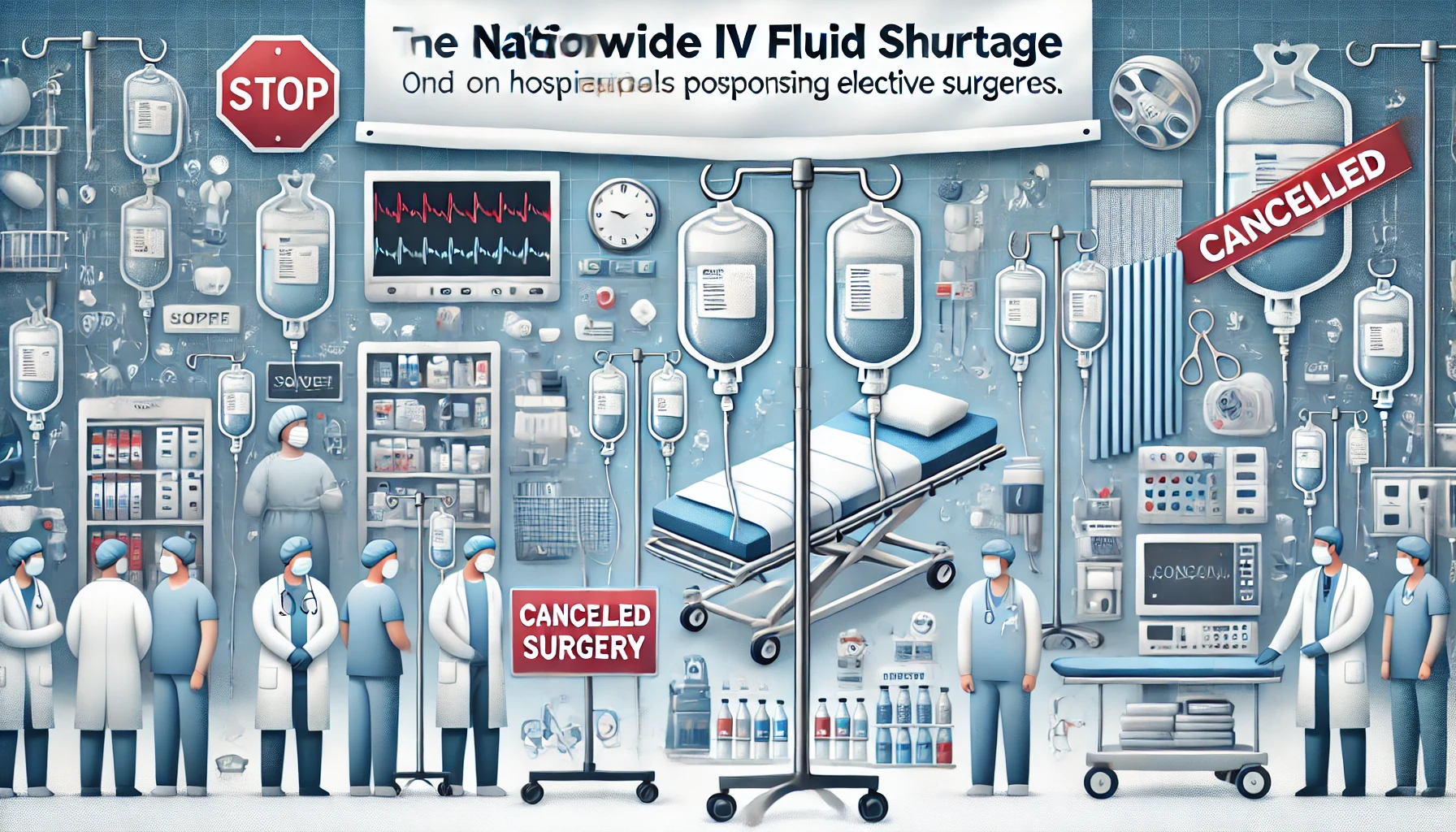How Wolfspeed’s $5 Billion Chip Plant in North Carolina is Boosting U.S. Semiconductor Manufacturing
In recent years, the global demand for semiconductors has surged, driving major investments in chip manufacturing facilities across the United States. One of the most notable projects in this field is Wolfspeed’s $5 billion semiconductor manufacturing plant in Chatham County, North Carolina. Supported by federal investment in chips and driven by innovations in silicon carbide chips, this plant will play a critical role in meeting the country’s growing demand for semiconductors, particularly those used in electric vehicles (EVs) and other cutting-edge technologies.
Wolfspeed’s New Chip Plant: A Game-Changer for North Carolina
The Wolfspeed chip plant in North Carolina represents a massive investment in the U.S. semiconductor industry. The plant, located in Chatham County, will focus on the production of silicon carbide chips, a technology that is rapidly gaining traction in the global market. Silicon carbide is known for its superior energy efficiency, making it ideal for use in electric vehicle chip production and other applications where power conservation is criticalWolfspeed
This new Wolfspeed North Carolina plant is expected to significantly increase the company’s manufacturing capacity, allowing it to meet the growing demand for semiconductors used in EVs, renewable energy solutions, and other advanced technologies. By focusing on silicon carbide chips, Wolfspeed is positioning itself as a key player in the semiconductor market, which is expected to see massive growth over the next decadeFierce Electronics.
The Role of Federal Investment in U.S. Semiconductor Manufacturing
The establishment of the Wolfspeed plant is part of a broader trend in U.S. chip manufacturing, fueled by the CHIPS Act funding and other government incentives. The CHIPS Act, signed into law in 2022, provides more than $52 billion in federal funding to boost domestic semiconductor production. Wolfspeed’s North Carolina facility is one of the many projects that have benefited from this legislationFierce Electronics.
The CHIPS Act is critical in reducing the U.S. reliance on foreign semiconductor manufacturers. Over the past several decades, the U.S. share of global chip production has steadily declined. However, with new investments like Wolfspeed’s semiconductor manufacturing facility, the U.S. aims to regain its competitive edge in this vital industry. The federal investment in chips not only helps fund the construction of new plants but also provides support for research, development, and training of the next generation of workers
Why Silicon Carbide Chips Are the Future
One of the key reasons Wolfspeed is expanding its capacity in North Carolina is the growing demand for silicon carbide chips. Unlike traditional silicon chips, which have been the industry standard for decades, silicon carbide offers several advantages, including better energy efficiency, higher temperature resistance, and greater durability. These properties make it ideal for high-performance applications like electric vehicles, fast chargers, and renewable energy systemsWolfspeed.
As the world shifts toward cleaner energy sources and EVs become more mainstream, the need for electric vehicle chip production is expected to skyrocket. Wolfspeed’s expertise in silicon carbide chips positions the company to meet this demand, providing chips that can handle the high power requirements of EVs while maintaining efficiencyBusiness North Carolina.
The Economic Impact on North Carolina
Wolfspeed’s decision to build its new plant in Chatham County is not only a win for the semiconductor industry but also for the local economy. The plant is expected to create more than 1,800 jobs, with an average salary of over $77,000. These jobs will range from engineers to production workers, contributing to the region’s economic growth
Additionally, Wolfspeed has partnered with local educational institutions, including North Carolina A&T State University, to train the workforce needed for its semiconductor manufacturing facility. This collaboration will ensure a steady pipeline of skilled workers who can support the plant’s operations and help drive innovation in chip productionWolfspeed
How Federal Support is Accelerating Wolfspeed’s Progress
Wolfspeed’s new plant would not have been possible without significant federal investment in chips, which was made available through the CHIPS Act. The act has provided critical funding for semiconductor companies like Wolfspeed to expand their manufacturing capabilities in the U.S. With this financial support, Wolfspeed is not only building a cutting-edge facility but also helping to secure America’s position as a leader in semiconductor technologyFierce Electronics
The CHIPS Act funding is crucial for maintaining national security, as semiconductors play a vital role in defense systems, communication networks, and other critical infrastructure. By expanding domestic chip production, the U.S. is reducing its dependence on foreign suppliers, ensuring a reliable and secure supply chain for these essential components.
The Future of Semiconductor Manufacturing in the U.S.
As Wolfspeed’s plant moves closer to completion, it marks a significant milestone in the resurgence of U.S. chip manufacturing. The focus on silicon carbide chips and their applications in EVs and renewable energy systems demonstrates how the U.S. semiconductor industry is evolving to meet the needs of the future. By investing in semiconductor manufacturing facilities like Wolfspeed’s, the U.S. is not only creating jobs and stimulating economic growth but also driving innovation in one of the most important industries of the 21st centuryBusiness North Carolina.
Wolfspeed’s Plant and the Future of U.S. Semiconductors
With the support of federal investment in chips and advancements in silicon carbide chips, Wolfspeed’s North Carolina semiconductor plant is set to transform the landscape of U.S. chip manufacturing. The plant’s role in producing chips for electric vehicle chip production and other cutting-edge technologies is critical for the future of energy-efficient devices and the broader semiconductor market. As Wolfspeed’s semiconductor manufacturing facility nears completion, it is a clear indicator that the U.S. is taking bold steps to regain its leadership in the global semiconductor industry.
For further insights into the future of semiconductor technology and its impact on industries like electric vehicles, explore resources at Regent Studies, where you can learn more about the technologies shaping tomorrow’s world.



